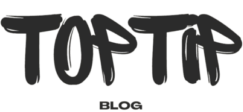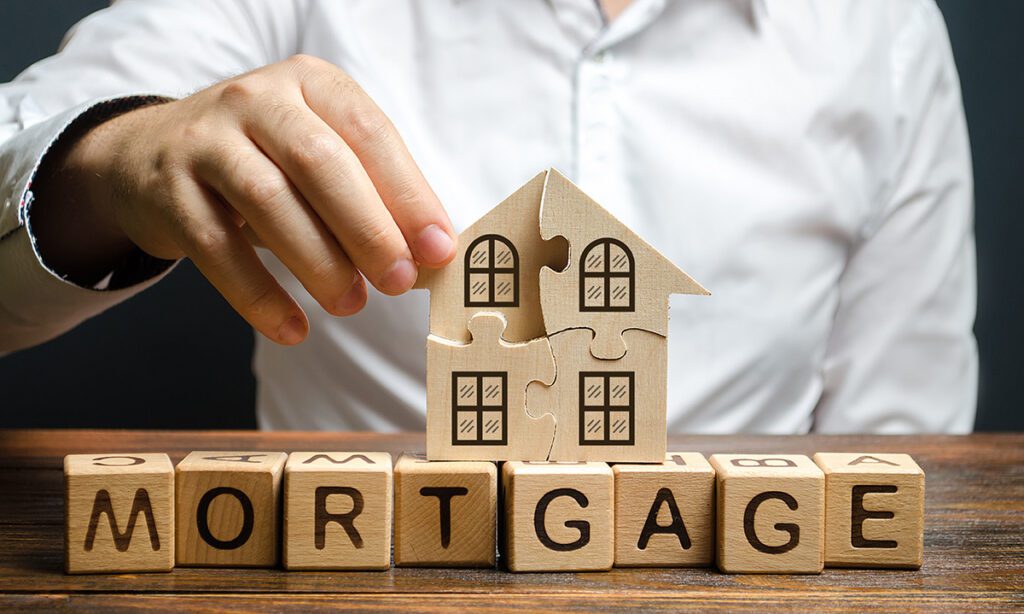Buying your first home is an exciting milestone, but understanding the mortgage process can feel overwhelming. It’s essential to grasp each step to make informed decisions and avoid potential pitfalls. This guide will walk you through the mortgage process, ensuring you’re well-prepared for your journey to homeownership.
What is a Mortgage?
A mortgage is a loan specifically designed for purchasing real estate. It allows you to buy a home without paying the full price upfront. Instead, you make monthly payments over a set period, typically 15 to 30 years. Mortgages come in various forms, including fixed-rate, adjustable-rate, and government-backed loans.
Preparing for the Mortgage Process
Checking your credit score: Your credit score plays a crucial role in determining your mortgage eligibility and interest rate. Obtain your credit report and address any inaccuracies or outstanding debts.
Saving for a down payment: A substantial down payment can lower your monthly payments and interest rate. Aim to save at least 20% of the home’s purchase price.
Understanding your budget: Calculate how much you can afford by considering your income, expenses, and potential mortgage payments. Use online calculators to help estimate your budget.
Pre-Approval Process
What is pre-approval? Pre-approval is a preliminary evaluation by a lender to determine how much you can borrow. It involves a soft credit check and an assessment of your financial situation.
Documents required for pre-approval: Gather documents such as pay stubs, tax returns, bank statements, and employment verification.
Benefits of getting pre-approved: Pre-approval gives you a clear budget, strengthens your offer to sellers, and speeds up the closing process.
Finding the Right Mortgage Lender
Types of mortgage lenders: Mortgage lenders include banks, credit unions, and online lenders. Each offers different rates and services.
How to compare lenders: Compare interest rates, fees, and customer reviews. Request quotes from multiple lenders to find the best deal.
Importance of customer service: Choose a lender with excellent customer service to ensure a smooth and supportive mortgage process.
Choosing the Right Mortgage
Fixed-rate vs. adjustable-rate mortgages: Fixed-rate mortgages have stable interest rates, while adjustable-rate mortgages (ARMs) have rates that can change over time. Consider your long-term plans and risk tolerance when choosing between the two.
Government-backed loans: FHA loans are ideal for buyers with lower credit scores, VA loans are for veterans, and USDA loans are for rural properties. Each has specific eligibility requirements and benefits.
Conventional loans: These are not backed by the government and usually require a higher credit score and down payment but offer competitive interest rates.
The Application Process
Steps to apply for a mortgage: Submit your application, provide necessary documents, and wait for the lender’s review.
Documents needed for the application: Include proof of income, tax returns, bank statements, and identification.
Timeline for the application process: The application process can take several weeks. Stay in close contact with your lender to avoid delays.
Understanding Mortgage Rates
Factors that influence mortgage rates: Rates depend on economic conditions, your credit score, and the type of loan.
How to lock in a rate: Once you find a favorable rate, ask your lender to lock it in to protect against future increases.
Tips for getting the best rate: Improve your credit score, shop around, and consider a larger down payment to secure a lower rate.
Mortgage Underwriting
What is underwriting? Underwriting is the lender’s process of evaluating your financial situation to determine loan approval.
The underwriting process: The lender reviews your credit history, employment, income, and assets.
Common issues and how to avoid them: Inaccurate information or large recent purchases can delay or derail approval. Ensure all provided information is accurate and avoid significant financial changes during this period.
Home Appraisal
What is a home appraisal? An appraisal assesses the home’s market value to ensure it matches the loan amount.
The appraisal process: A licensed appraiser inspects the property and compares it to similar homes in the area.
How appraisals affect your mortgage: If the appraisal is lower than the purchase price, you may need to renegotiate or increase your down payment.
Closing the Mortgage
What happens at closing? You’ll sign legal documents, pay closing costs, and receive the keys to your new home.
Documents to review and sign: Review the loan estimate, closing disclosure, and all other documents carefully before signing.
Closing costs and fees: These can include appraisal fees, attorney fees, and title insurance. Budget for these additional expenses.
Post-Closing Tips
Managing your mortgage payments: Set up automatic payments to avoid late fees and consider paying extra towards the principal to reduce interest over time.
Benefits of refinancing: Refinancing can lower your interest rate, reduce monthly payments, or shorten your loan term.
Tips for building home equity: Make improvements to your home, pay down your mortgage, and stay informed about market trends to increase your home’s value.
Common Mistakes to Avoid
Not shopping around for lenders: Compare multiple lenders to find the best rates and terms.
Overlooking hidden costs: Consider all costs, including closing fees, insurance, and taxes, when budgeting.
Ignoring your credit score: Maintain a good credit score by paying bills on time and managing debt responsibly.
FAQs
1. What is the difference between pre-qualification and pre-approval?
Pre-qualification is an initial estimate of how much you can borrow, while pre-approval is a more detailed evaluation of your finances by a lender.
2. How long does the mortgage process take?
The process typically takes 30 to 45 days, but it can vary based on market conditions and individual circumstances.
3. Can I get a mortgage with bad credit?
Yes, but it may be more challenging and result in higher interest rates. Consider government-backed loans like FHA, which are designed for buyers with lower credit scores.
4. What are closing costs?
Closing costs are fees paid at the closing of a real estate transaction. They can include appraisal fees, title insurance, and attorney fees.
5. Is it better to get a fixed-rate or adjustable-rate mortgage?
It depends on your financial situation and long-term plans. Fixed-rate mortgages offer stability, while adjustable-rate mortgages may start with lower rates but can fluctuate.
Conclusion
Understanding the mortgage process is crucial for first-time homebuyers. By following this step-by-step guide, you’ll be better prepared to navigate the complexities of obtaining a mortgage and securing your dream home. Remember, thorough preparation and informed decision-making are key to a successful homebuying experience.




